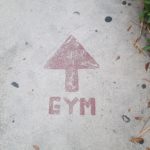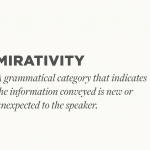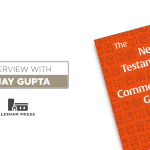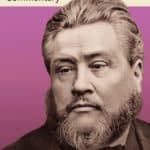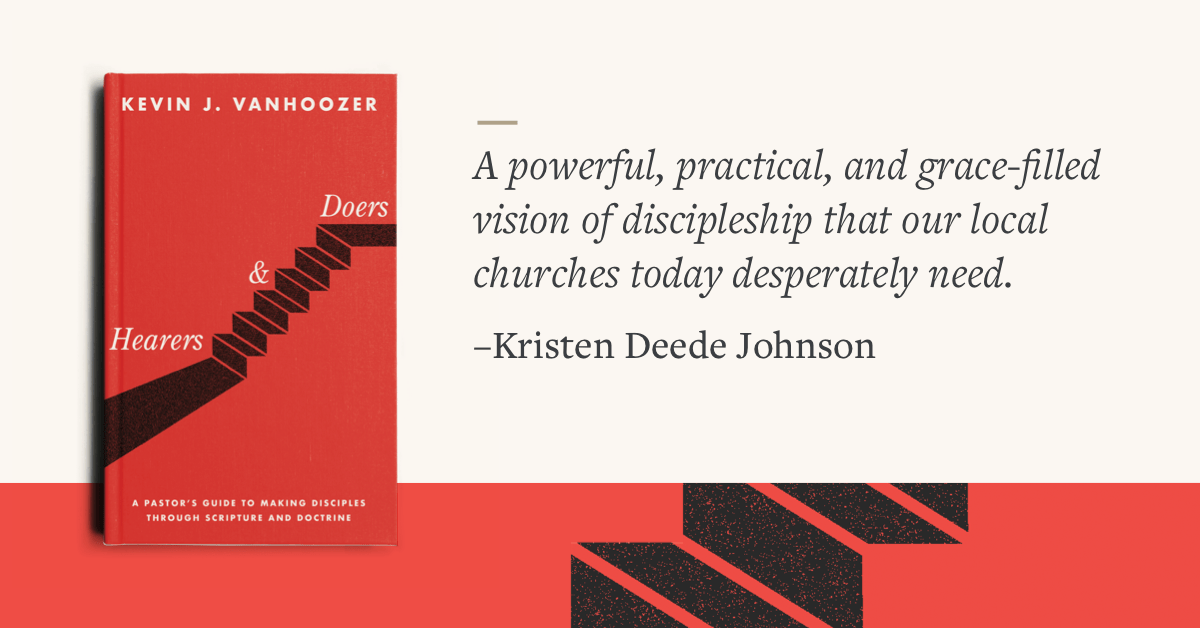
To read the Bible rightly is to read it as the word of God with and for the people of God, yesterday and today. This is more radical than it sounds. For more than two hundred years or so, the Bible has been treated in the academy as a document of the university, that is, a document that can be studied just like any other historical text. In other words, the church?s Scripture has died, and what has risen in its place is the academy?s Bible, to use Michael Legaspi?s provocative turn of phrase.
In the modern academy, the study of Scripture has become a largely secular science, known as ?biblical studies.? Biblical scholars take a critical rather than a confessional approach to the study of the Bible, taking great care not to impose later theological ideas onto the texts. The aim is to ascertain the meaning for the original historical authors and readers, and at least as concerns the Old Testament, this means keeping Jesus Christ out of the picture. Of course, individual scholars engaged in biblical studies may be Christians. By and large, however, they have to argue for their conservative positions with the same critical tools as their secular counterparts.
This situation has prompted a reaction, a ?Let my people go read the Bible in an edifying way? kind of movement, if you will?an ?exodus? from modern critical studies. Reading the Bible theologically, with and for the people of God, means reading it not with the scholar?s interest of discovering what the historical authors behind the text thought about God but rather with the saint?s interest in coming to hear God, to believe God, to do what God says, and thereby to grow more like God. In a word: reading the Bible theologically is less an academic discipline than a course in church discipleship. The aim of reading Scripture theologically is to train citizens of the gospel, disciples fit for purpose, having the core knowledge they need to function effectively as those who can follow Christ, embodying his mind everywhere, always, and to everyone.
Here, then, are seven initial theses on reading the Bible theologically:
- The nature and function of the Bible are insufficiently grasped unless and until we see it as having both human and divine authors, and therefore as no less than the living and active word of God.
- An appreciation of the theological nature of the Bible entails a rejection of a methodological atheism that treats the texts as having a ?natural history? only.
- Theological interpreters view the historical events recounted in Scripture as ingredients in a unified story ordered by an economy of Triune providence.
- Because the Old Testament and New Testament testify to the one true God and the same story of redemption, to read the Bible theologically means reading it in canonical context.
- Because Jesus promised his disciples that the Spirit would lead the church into all truth, those who read Scripture today should do so with a healthy respect for the catholic tradition of reading.
- The end of biblical interpretation is not simply communication?the sharing of information?but communion, a sharing in the light, life, and love of God.
- The church is that community where good habits of theological interpretation are best formed and where the fruit of these habits are best exhibited.
These seven theses have set out what pastors need to know in order to help disciples to read the Bible theologically, that is, in ways that allow God?s word to be the training manual in righteousness (2 Tim 3:16) God intends for it to be. Let the exercises begin!
This post is adapted from chapter 4 of Hearers and Doers by Kevin J. Vanhoozer (Lexham Press, 2019).

